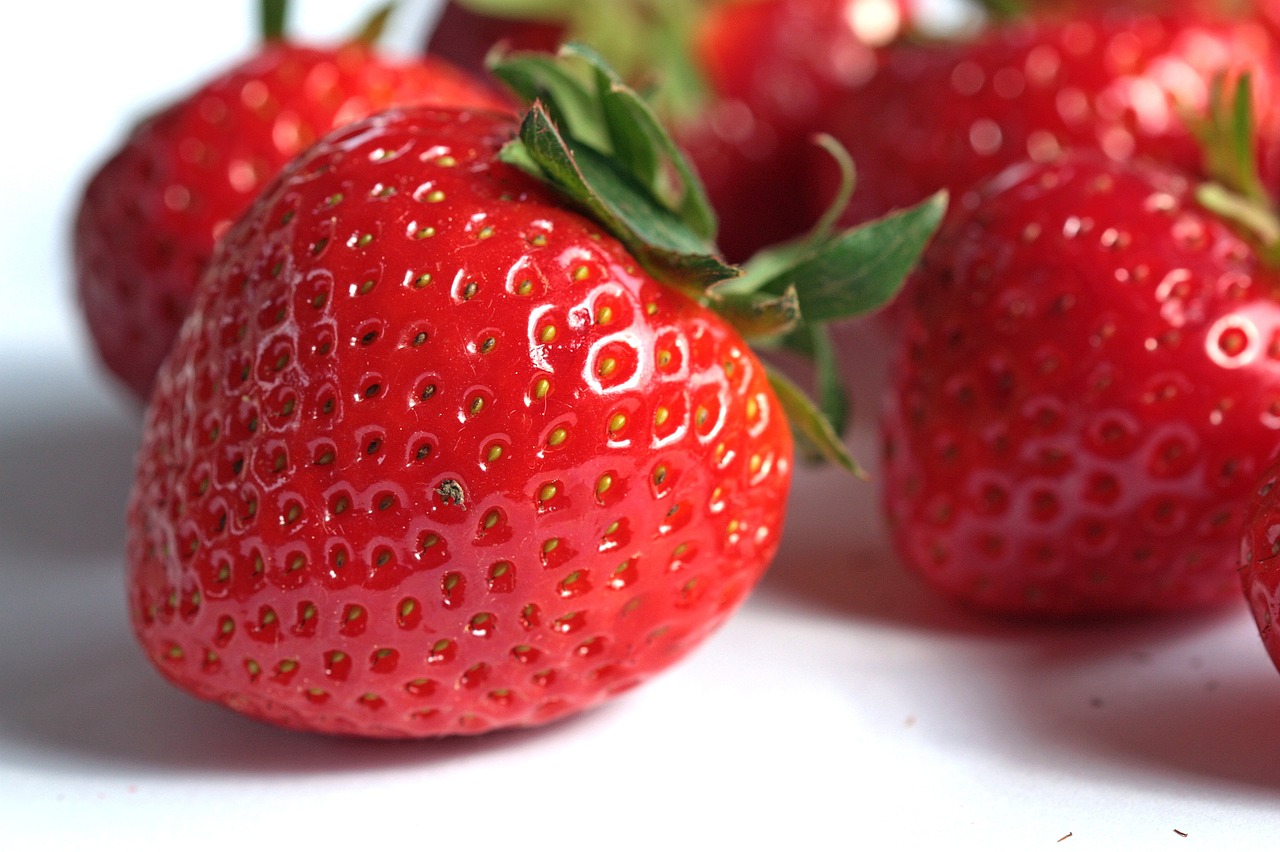“`html
In today’s fast-paced world, where convenience often trumps nutritional value, understanding the benefits of nutrient-dense foods is more important than ever. These foods offer a powerful punch of essential vitamins, minerals, and other health-promoting compounds without the empty calories. Incorporating nutrient-dense options into your diet can lead to improved health, enhanced energy levels, and a greater sense of well-being. This blog post delves into the characteristics, benefits, and examples of nutrient-dense foods, equipping you with actionable tips to make better dietary choices.
The Characteristics of Nutrient-Dense Foods
Nutrient-dense foods are those that provide a high amount of nutrients relative to their calorie content. Here are the defining characteristics:
High Nutritional Value
- Rich in vitamins and minerals
- Contain healthy fats, protein, and fiber
- Low in added sugars and unhealthy fats
Low Caloric Density
Nutrient-dense foods offer more nutrients per calorie. This allows you to eat satisfying portions without overloading on calories.
Promotes Satiety
These foods help keep you full for longer due to their fiber and protein content, making it easier to manage hunger and maintain a healthy weight.
Benefits of Eating Nutrient-Dense Foods
Integrating nutrient-dense foods into your diet can yield numerous health benefits. Let’s explore some of these advantages:
Improved Overall Health
- Strengthened immune system
- Reduced risk of chronic diseases (e.g., heart disease, diabetes)
- Enhancement of gut health
Better Weight Management
When you consume nutrient-dense foods, you are more likely to reach your daily nutritional needs while maintaining a healthy calorie balance.
Enhanced Mental Clarity and Mood
Foods high in omega-3 fatty acids, antioxidants, and vitamins can help improve brain health and reduce symptoms of depression.
Top Examples of Nutrient-Dense Foods
Incorporating a variety of nutrient-dense foods into your meals can maximize your health benefits. Here are some top choices:
Leafy Greens
- Spinach
- Kale
- Collard Greens
These greens are high in vitamins A, C, and K, as well as folate and iron.
Fruits
- Blueberries
- Avocados
- Bananas
Fruits are loaded with fiber, antioxidants, and essential vitamins that promote health.
Whole Grains
- Quinoa
- Brown Rice
- Oats
Whole grains provide complex carbohydrates, fiber, and various B vitamins.
Lean Proteins
- Chicken Breast
- Fish (especially fatty fish like salmon)
- Legumes (like beans and lentils)
These are rich in protein, essential for muscle maintenance and immune function.
Tips for Incorporating Nutrient-Dense Foods into Your Diet
Making dietary changes can seem overwhelming, but here are some practical tips to help you add more nutrient-dense foods to your meals:
Plan Your Meals
- Start by creating a weekly meal plan focusing on nutrient-dense foods.
- Prepare a shopping list based on your planned meals to avoid impulse buys.
Experiment with Recipes
Enhancing your culinary skills can make incorporating nutrient-dense foods enjoyable:
- Try new recipes that include leafy greens and whole grains.
- Make smoothies with fruits and leafy greens for a nutrient-packed breakfast.
Mindful Eating
Pay attention to your body’s hunger signals, which can help in choosing the right nutrient-dense foods:
- Eat slowly to enjoy your meals, making it easier to recognize when you’re full.
- Choose whole foods over processed foods for greater nutritional benefits.
Conclusion
Incorporating nutrient-dense foods into your diet is an effective strategy for enhancing your health and boosting your vitality. With their rich nutritional profile and low calorie count, these foods not only help you meet your dietary needs but also promote overall wellness. By understanding their characteristics, benefits, and practical applications, you can make informed choices that support your health goals. Start today by introducing a few of these foods into your meals, and watch how your health transforms for the better.
“`






